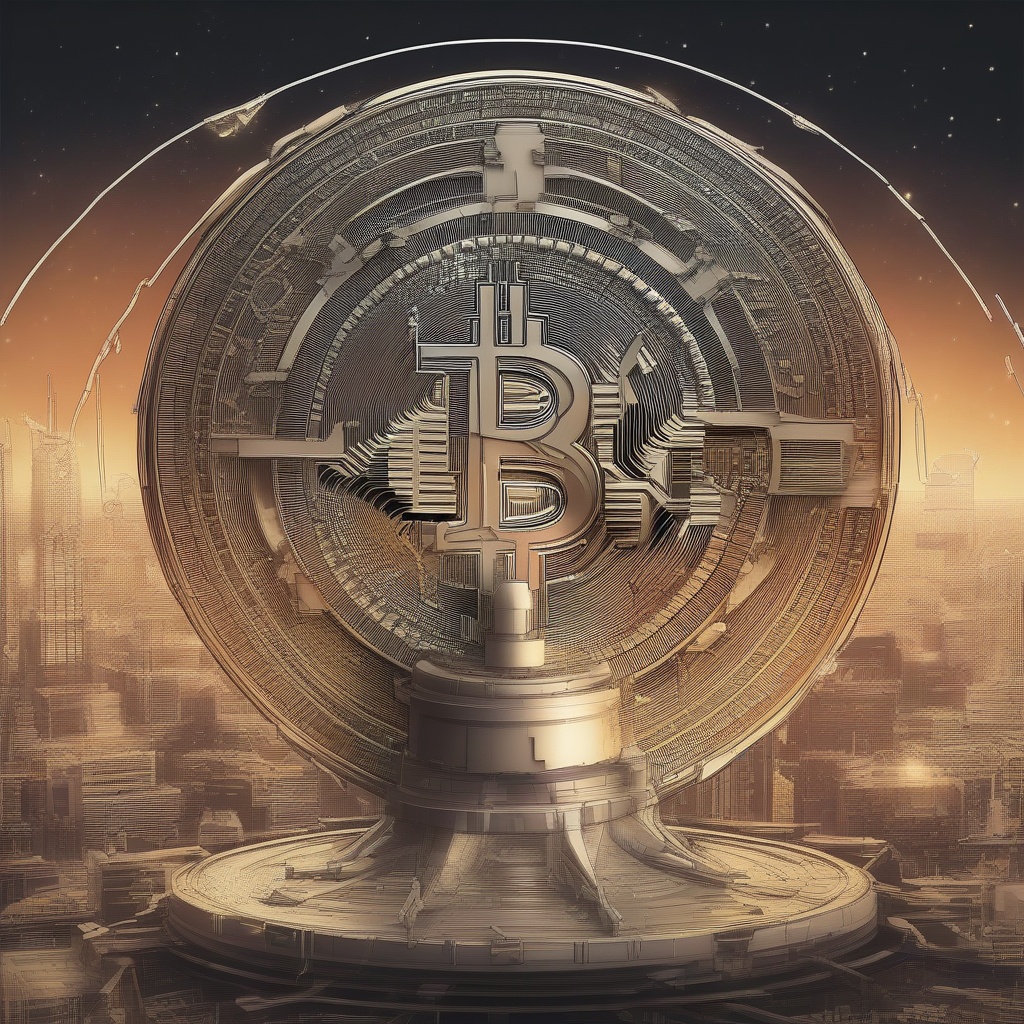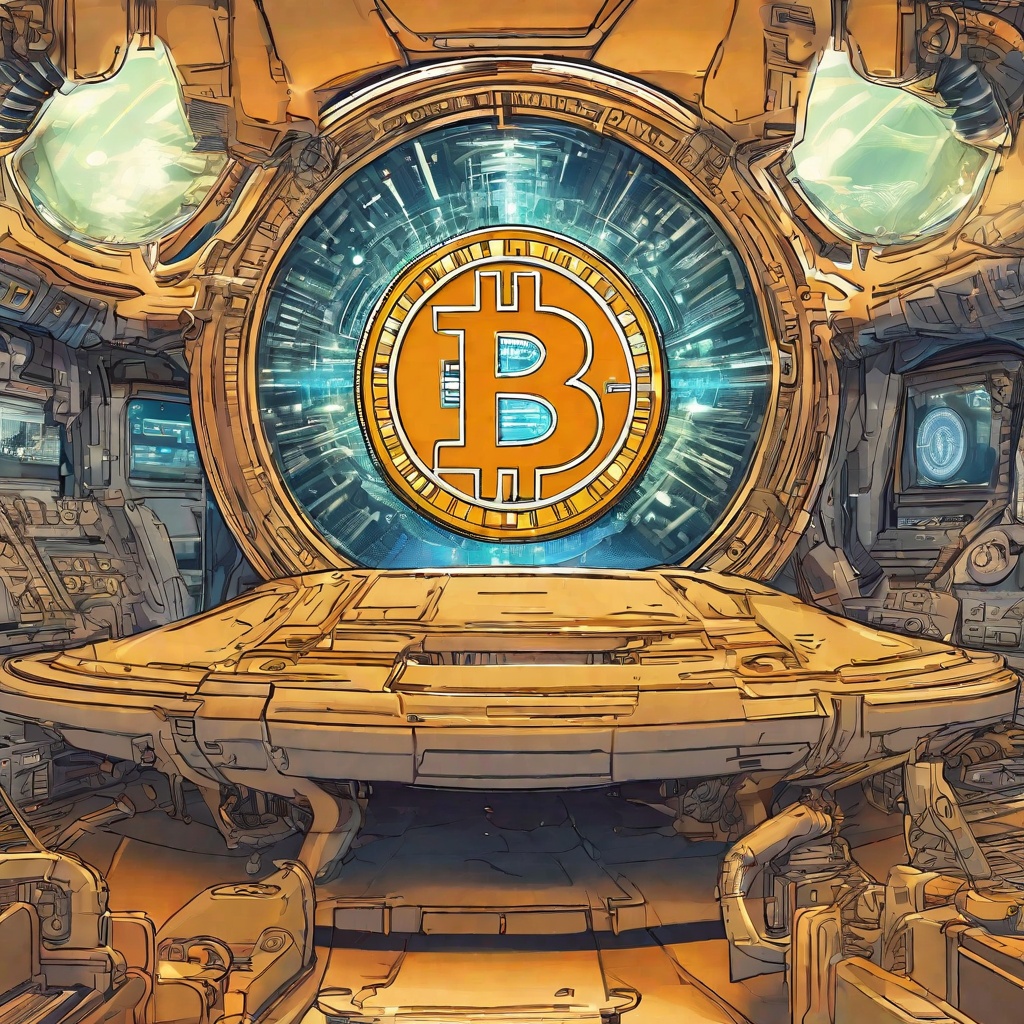Should I buy Solana or AVAX?
Hello, I'm a bit torn between investing in Solana and AVAX. I've been hearing a lot about both of them in the crypto space, and they both seem to have some promising potential. Solana, for instance, boasts its scalability and speed, while AVAX promises to revolutionize the DeFi space. But I'm not sure which one to choose. Could you give me some insights? What are the key factors I should consider? Is there a specific use case or feature that makes one of them stand out? And based on the current market trends, which one do you think has a higher upside potential? Thank you for your help!

Why should I invest in AVAX?
I've been hearing a lot about AVAX lately, but I'm still not entirely sure why I should consider investing in it. Could you please explain what makes AVAX stand out from other cryptocurrencies? Is it the technology behind it? Its potential for growth? Or maybe its use cases in the real world? I'd like to understand the risks involved too, of course. What are the possible downsides of investing in AVAX? And how does it compare to other popular cryptocurrencies in terms of performance and adoption? I'm trying to make an informed decision, so your insights would be greatly appreciated.

Should I store my money in USDT?
As a professional practitioner in the field of cryptocurrency and finance, I often receive questions like "Should I store my money in USDT?" from investors. USDT, also known as Tether, is a stablecoin pegged to the value of the US dollar. Its value is designed to remain relatively stable, making it an attractive option for investors seeking to avoid the volatility of other cryptocurrencies. However, like any investment decision, storing money in USDT involves risks and considerations. First and foremost, investing in cryptocurrencies, including stablecoins, involves a high degree of risk. Cryptocurrency markets are volatile and subject to significant price fluctuations. Therefore, investors should carefully consider their risk tolerance and investment objectives before making any decisions. Secondly, while USDT is designed to maintain a stable value pegged to the US dollar, there are risks associated with its peg mechanism. If the peg breaks, the value of USDT could plummet, potentially leading to significant losses for investors. Therefore, investors should closely monitor the peg mechanism and understand the associated risks. Finally, investors should also consider the regulatory risks associated with cryptocurrencies. Cryptocurrency markets are still relatively unregulated, and there is a risk of government intervention or regulatory changes that could impact the value of USDT. Therefore, investors should stay updated on relevant regulatory developments and understand the potential impact on their investments. In conclusion, while USDT can be an attractive option for investors seeking stability in the volatile cryptocurrency markets, it involves risks that investors should carefully consider. It is important to conduct thorough research, understand the associated risks, and consult with financial advisors before making any investment decisions.

